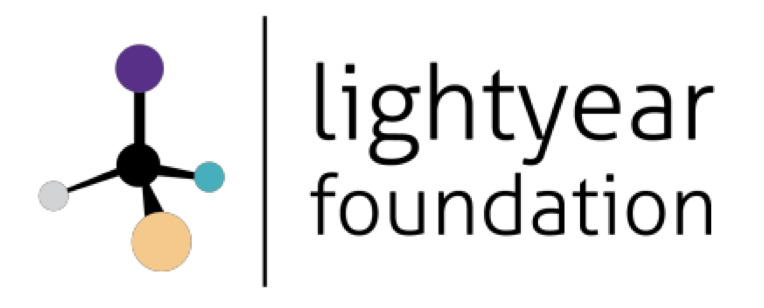ROLE MODELS
LAURA MARTIN
Job Title: Master’s student in Observational Astrophysics (Liverpool John Moores University)
Disability: Autism Spectrum Disorder & Chronic Migraine
Why did you want to work in STEM?
At school, I enjoyed maths as I loved to problem solve. It’s what led me to study maths at university. But in my final year, my chronic migraines began to develop. It affected me daily, so I had to take time out of my studies. I went back a year later, but a lack of learning support meant I didn’t finish my maths degree in the way I had hoped. I was feeling pretty down at that point, so I knew I needed to change things up. I decided to take a leap and do something I always wished I’d done - astronomy!
I’ve been interested in space since I was young. I remember when I was ten, I saw Mars during its closest approach to Earth with my dad and sister. It was the most amazing experience seeing that tiny reddish dot in the sky. But astronomy never seemed like a possible career option before. So thankfully, I found a postgraduate diploma in astronomy, and they accepted me onto the course. The diploma was delivered via distance learning which meant I could study remotely at my own pace, which suited my needs with my disability. I also finally had disability support from the university, which made all the difference. I’ve now passed my diploma and started a master’s degree in astrophysics, where I’ll get to do a real-science research project!
What’s your favourite thing about your job or about working in STEM?
The more I learn, the more I realise I have so much more to learn. That might sound a bit daunting, but it’s actually exciting. We know a lot about the universe, but there’s so much more to explore.
I’ve also enjoyed getting involved in the STEM community, from being a STEM ambassador to volunteering at my local science centre and with UKSEDS, the UK’s national student space society, where I’ve helped out with SpaceCareers.uk. I’m not always able to do certain things or in the same way as others, but volunteering has made me feel part of the community. It’s pretty flexible, so I can contribute when I’m feeling up to it and in a way that suits me. It’s also been fantastic to work with people who have a shared passion and a drive to make STEM more accessible.
What are your top tips for a disabled young person interested in STEM as a career?
When you're in education or the workplace, there is support out there for you. It’s worth finding out what accommodations will help you when studying or in a job. Having things like assistive software and assessment adjustments have helped me. I was given things like speech recognition and reading software for studying through Disabled Students’ Allowance (DSA).
I’m also unable to sit through hours of classes and struggle to concentrate, so studying remotely helps me with that as my classes are recorded. We all learn in different and unique ways. So, try and find out what works best for you.
I also try to remind myself not to get too disheartened when there are opportunities I miss out on or things I’m unable to do. So, if you ever feel like that, then just remember there’s no time limit for these things, and other opportunities will come around. It’s absolutely ok if it takes you longer than others to get to where you want to be because we all follow our own path. And If you fail at times, that's ok too. There’s no shame in failing; I’ve done it many times. You can always try again if that’s something you want. Or it’s also ok to decide that something isn’t what you expected and that you want to do something completely new instead. The ideas I have about my own career are still changing!
And when you’re going through difficult times, remember to be kind to yourself. Do what you enjoy and have fun!

